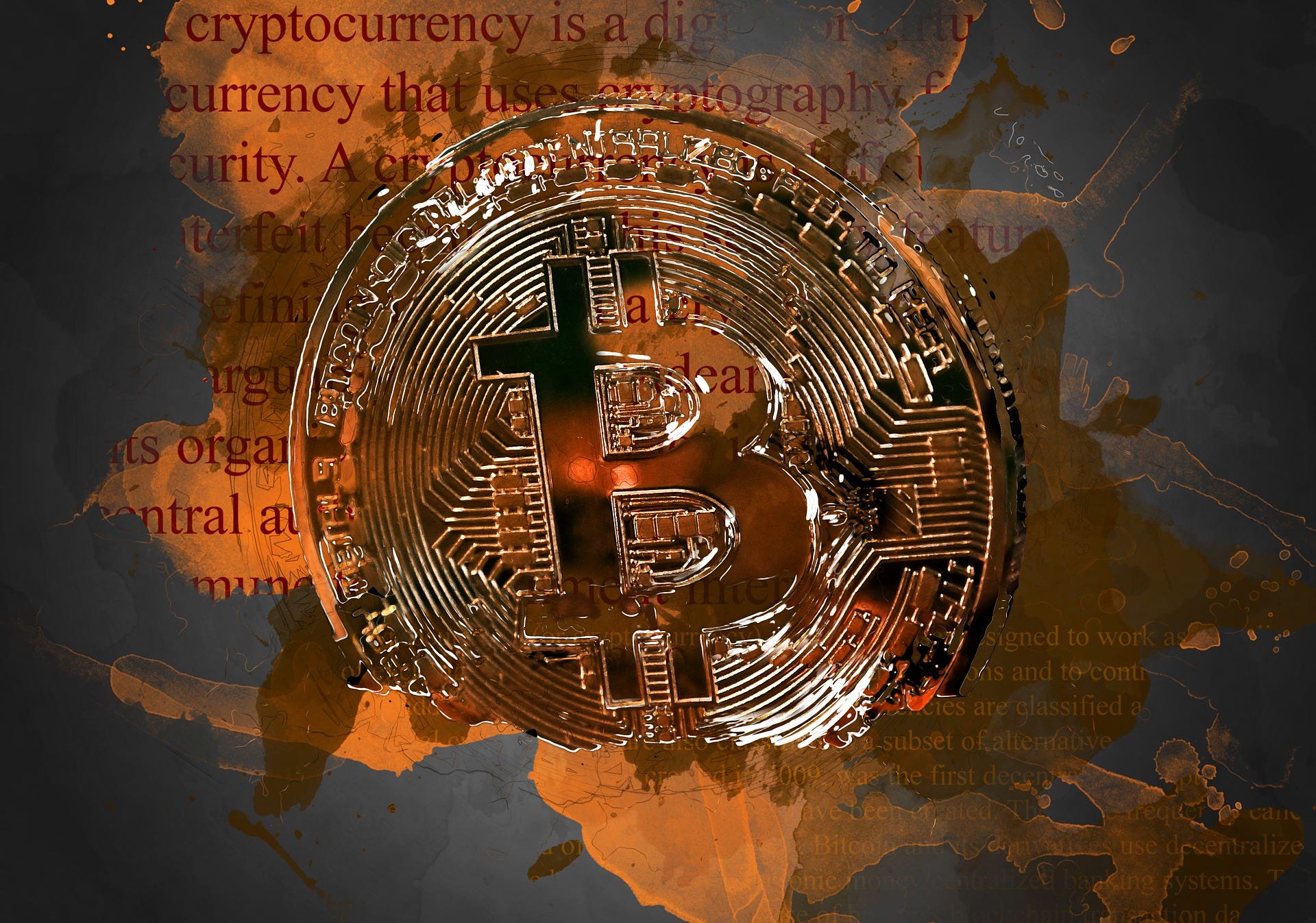PALO ALTO, Calif. (Reuters) - The Federal Reserve is looking at a broad series of problems around digital payments and currencies, including policy, style and legal considerations around possibly providing its own digital currency, Guv Lael Brainard stated on Wednesday. Brainard's remarks recommend more openness to the possibility of a Fed-issued digital coin than in the past." By changing payments, digitalization has the prospective to provide higher value and convenience at lower expense," Brainard stated at a conference on payments at the Stanford Graduate School of Organization.
Central banks globally are debating how to manage digital financing innovation and the distributed journal systems used by bitcoin, which promises near-instantaneous payment at possibly low expense. The Fed is developing its own round-the-clock real-time payments and settlement service and is presently evaluating 200 comment letters submitted late in 2015 about the proposed service's design and scope, Brainard said.
Less than 2 years ago Brainard informed a conference in San Francisco that there is "no engaging showed requirement" for such a coin. But that was prior to the scope of Facebook's digital currency ambitions were widely understood. Fed authorities, including Brainard, have raised issues about consumer securities and data and privacy dangers that could be presented by a currency that might enter into use by the third of the world's population that have Facebook accounts.
" We are working together with other reserve banks as we advance our understanding of reserve bank digital currencies," she stated. With more nations checking out issuing their own digital currencies, Brainard said, that adds to "a set of factors to likewise be making certain that we are that frontier of both research study and policy development." In the United States, Brainard said, issues that require study include whether a digital currency would make the payments system much safer or simpler, and whether it might pose monetary stability dangers, including the possibility of bank runs if money can be turned "with a single swipe" into the central bank's digital currency.
To counter the financial damage from America's unmatched national lockdown, the Federal Reserve has taken unprecedented actions, consisting of flooding the economy with dollars and investing straight in the economy. Most of these relocations got grudging acceptance even from many Fed skeptics, as they saw this stimulus as required and something just the Fed could do.

My new CEI report, "Government-Run Payment Systems Are Hazardous at Any Speed: The Case Versus Fedcoin and FedNow," information the dangers of the Fed's present strategies for its FedNow real-time payment system, and propositions for central bank-issued cryptocurrency that have been dubbed Fedcoin or the "digital dollar." In my report, I talk about issues about personal privacy, data security, currency adjustment, and crowding out private-sector competitors and development.
Advocates of FedNow and Fedcoin say the government should create a system for payments to deposit instantly, instead of encourage such systems in the personal sector by lifting regulative barriers. However as kept in mind in the paper, the economic sector is supplying a seemingly limitless supply of payment technologies and digital currencies to fix the problemto the degree it is a problemof the time space between when a payment is sent and when it is gotten in a bank account.
And the examples of private-sector development in this area are lots of. The Cleaning House, a bank-held cooperative that has actually been routing interbank payments in numerous forms for more than 150 years, has been clearing real-time payments since 2017. By the end of 2018 it was covering 50 percent of the deposit base in the U.S.